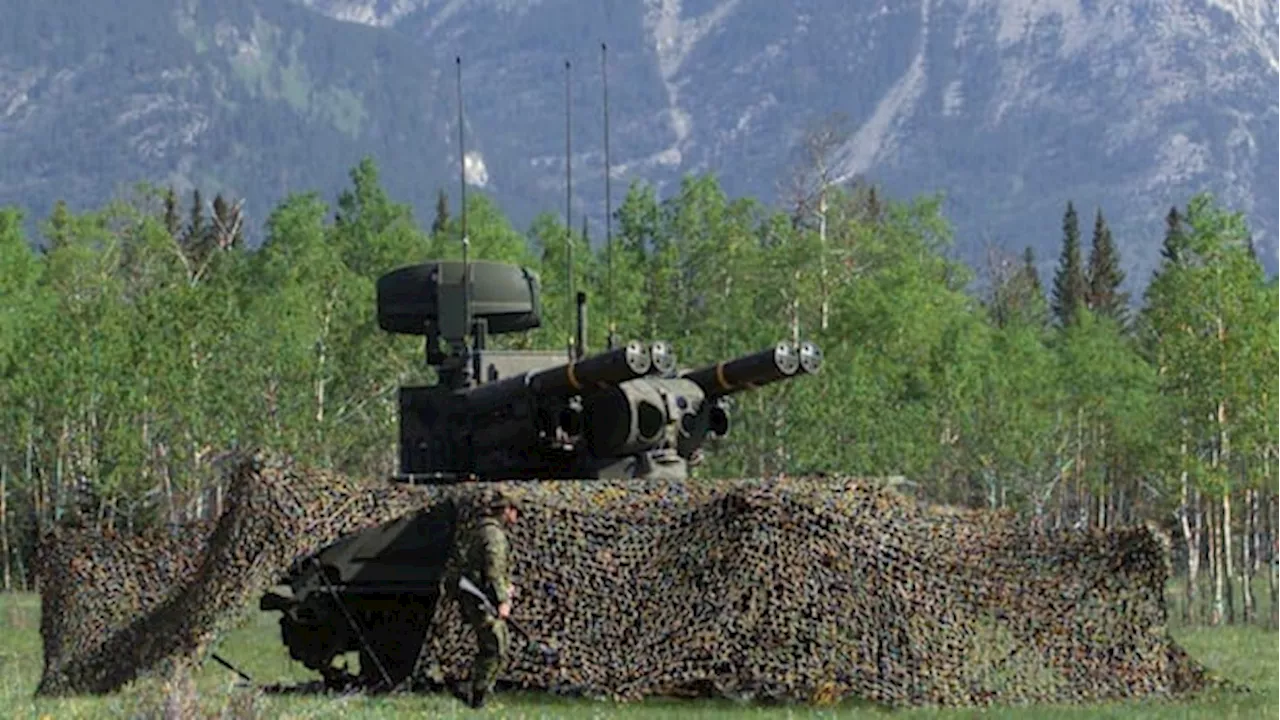Canada is gearing up for the 51st G7 summit in Kananaskis, Alberta, bringing back memories of the 2002 G8 summit, a controversial event marked by heightened security and a sprawling security operation. This article delves into the preparations for the upcoming summit, juxtaposing it with the experiences of the last time Kananaskis hosted such a high-profile international gathering.
Canada 's top security officials are ramping up planning in Kananaskis, just west of Calgary, for the 51st G7 leaders' summit in June, more than two decades after the region last held the high-profile international event. Officials behind this year's summit are keeping specifics scant for now, with more detail to come.
But as is the case with all G7 summits, the host site — in this case, a popular wilderness destination — is set to be locked down as part of a dramatic and sweeping security effort. The return of the event to K-Country brings back memories of the last time it was held — a contentious summit with a ballooning budget, unprecedented security and calls for its cancellation. The 2025 event will bring together leaders from the United States, France, Germany, Japan, the United Kingdom, Italy and Canada, as well as the European Union, and take place from June 15 to 17. The last time Kananaskis hosted, the conference was known as the G8 Summit. The name was changed after Russia was suspended and then withdrew following its annexation of Crimea in 2014. In advance of the 2002 summit, then-prime minister Jean Chretien suggested the intimate, remote nature of Kananaskis made it an ideal location for the event, especially in light of massive protests at the 27th G8 summit in Genoa, Italy, the year prior, which drew an estimated 200,000 demonstrators. 'We have the obligation to meet, and it is not a certain number of anarchists who will prevent democratic leaders to do their job,' Chretien was quoted as saying by the Edmonton Journal in July 2001. The 2002 summit also landed amid high anxiety tied to the terrorist attacks in New York City and Washington, D.C., on Sept. 11, 2001. In the days following those attacks, organizers said 'profound' changes would be made to security planning, and a possible change in venue from Kananaskis. Then-premier Ralph Klein floated the idea the summit may need to be cancelled should security concerns persist. For Calgary officials, planning efforts began about a year in advance, though Global Affairs Canada, RCMP, CSIS and others were involved well before that, said Al Duerr,'Definitely, at that time, we had to plan for the worst case,' Duerr said in an interview earlier this month. Duerr decided not to run again in the fall of 2001 after four terms in office, and was succeeded as mayor by Dave Bronconnier, who would go on to lead the region into the summit. But Duerr said there was extensive information shared in the lead-up to the event. 'Not only do you have issues with potential bad actors, but you have wildlife, and a whole series of things,' he said. 'I can't get into a lot of the stuff that was planned, but I was very impressed by the depth to which everyone went to ensure it went off as a very smooth event.' As the summit approached, the Calgary Herald described the affected section of K-Country as a 'fortress' sealed off from the public. Estimates stated that more than 5,000 soldiers and 1,500 RCMP officers would be deployed in K-Country. Jet fighters patrolled a no-fly zone over the summit. In the city, 450 of Calgary's 1,400-odd city police officers were on dedicated G8 duty, in what was referred to as the largest security operation in Canadian peacetime history. Among their tasks were responsibilities to secure key summit sites, and to surveil protest groups. The impacts of the summit spread across Calgary. The city's public schools practised lockdown procedures, while some offices were closed and some stores boarded up. Fearing a repeat on Calgary streets of the violent confrontations in Italy the year prior, first-term mayor Bronconnier warned protesters against such actions, lest they spend the rest of the summit at the Spy Hill jai
G7 SUMMIT SECURITY ALBERTA CANADA HISTORY
Canada Latest News, Canada Headlines
Similar News:You can also read news stories similar to this one that we have collected from other news sources.
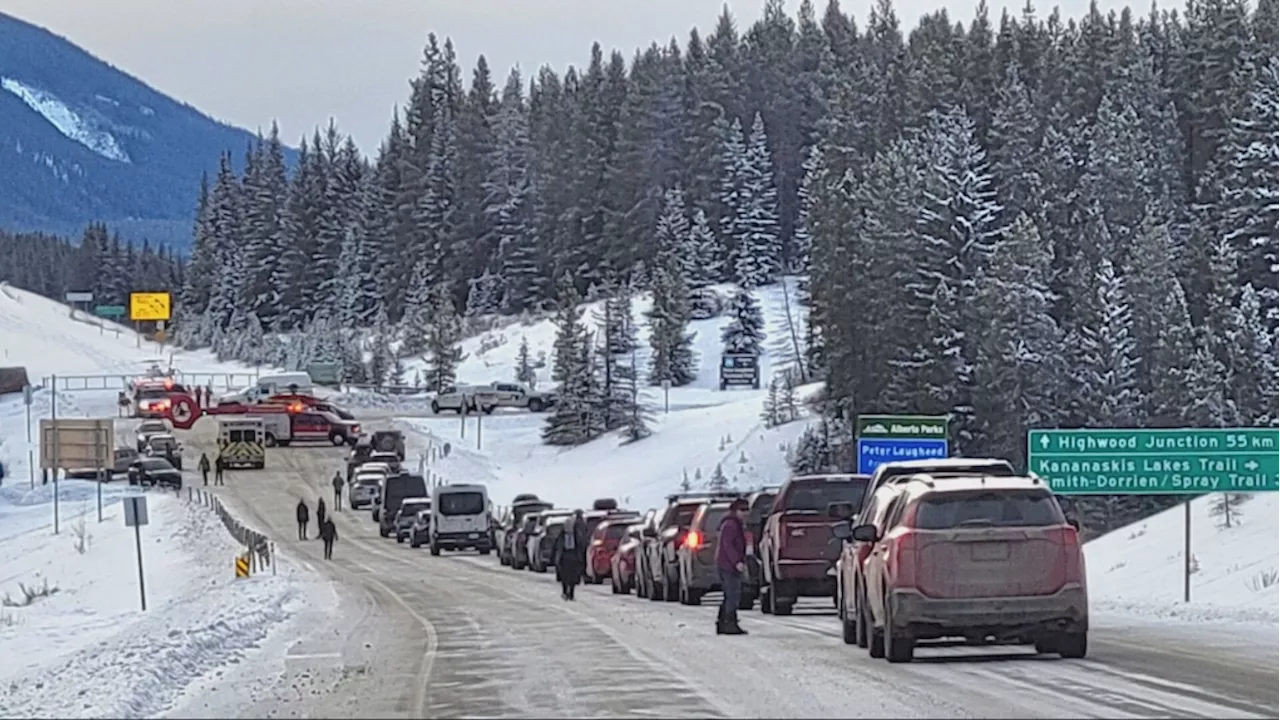 1 hiker dies, 2 others safe after being rescued in Kananaskis CountryA hiker has died after being rescued in Kananaskis Country.
1 hiker dies, 2 others safe after being rescued in Kananaskis CountryA hiker has died after being rescued in Kananaskis Country.
Read more »
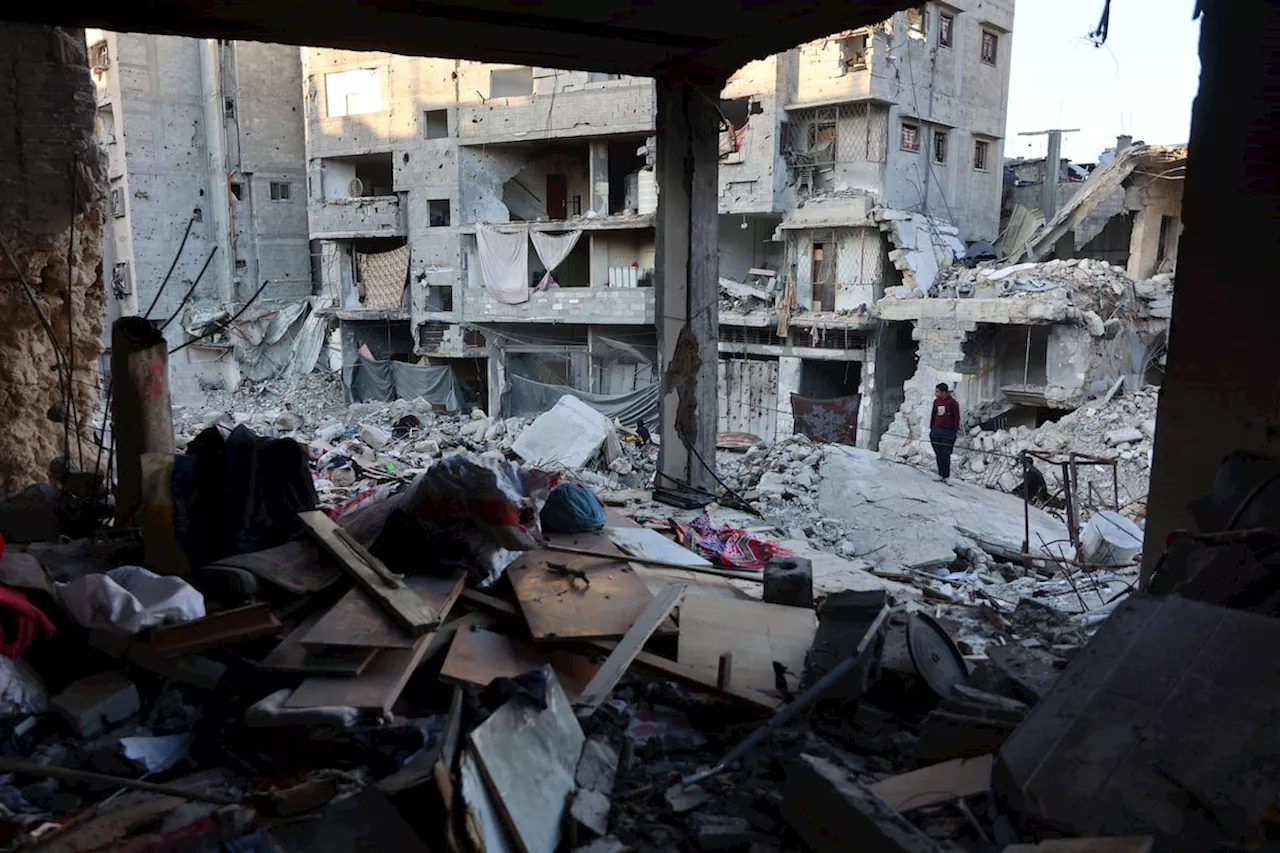 Israeli Strikes Kill 14 Palestinians in Gaza as Tanks AdvanceIsraeli military operations in Gaza resulted in the deaths of at least 14 Palestinians, including 10 in a single house strike. Israeli tanks also pushed deeper into the Rafah area, displacing families in a designated humanitarian zone.
Israeli Strikes Kill 14 Palestinians in Gaza as Tanks AdvanceIsraeli military operations in Gaza resulted in the deaths of at least 14 Palestinians, including 10 in a single house strike. Israeli tanks also pushed deeper into the Rafah area, displacing families in a designated humanitarian zone.
Read more »
 NHL Recall News: Jets Bring Back Coghlan, Senators Reinforce with Goaltenders and ForwardsThe Winnipeg Jets recalled defenseman Dylan Coghlan from the AHL, while the Ottawa Senators recalled goaltenders Mads Sogaard and Leevi Merilainen, along with forwards Zack Ostapchuk and Cole Reinhardt.
NHL Recall News: Jets Bring Back Coghlan, Senators Reinforce with Goaltenders and ForwardsThe Winnipeg Jets recalled defenseman Dylan Coghlan from the AHL, while the Ottawa Senators recalled goaltenders Mads Sogaard and Leevi Merilainen, along with forwards Zack Ostapchuk and Cole Reinhardt.
Read more »
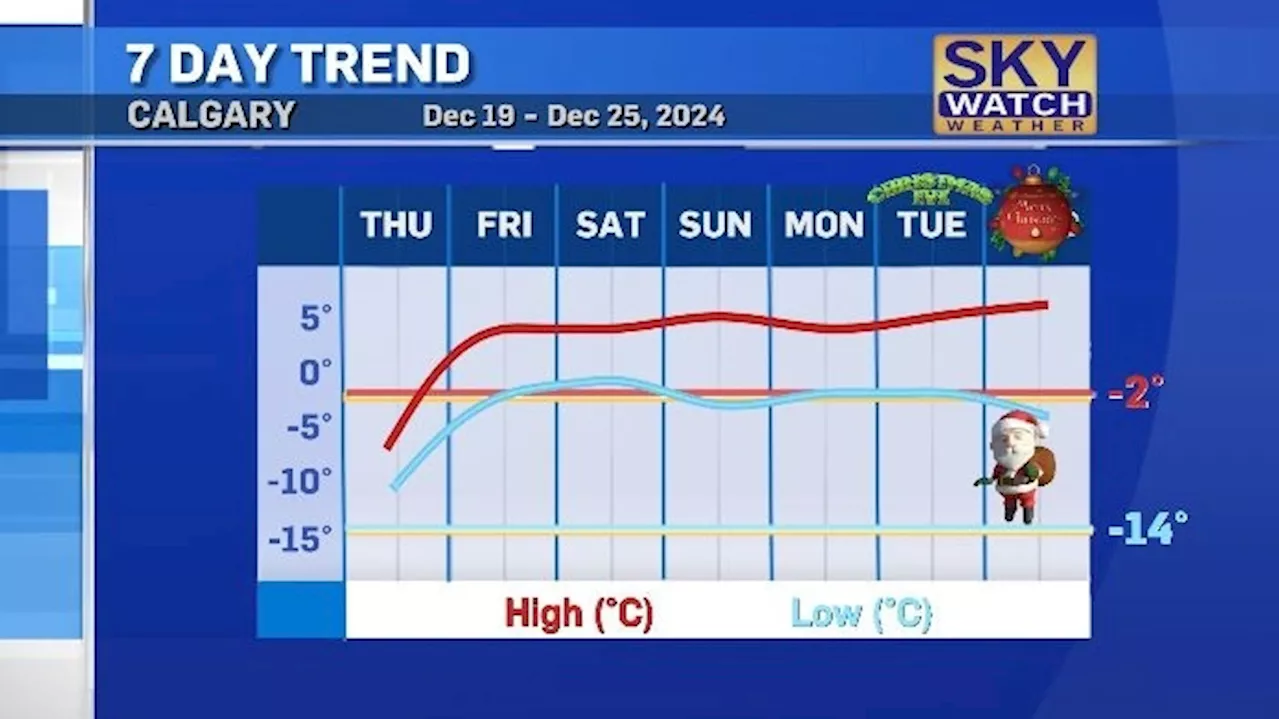 Chinook Winds Bring Unusually Warm Temperatures to Southern AlbertaA shift in weather patterns will bring warmer temperatures to Southern Alberta starting Thursday. Temperatures in foothill communities were significantly warmer than Calgary and Lethbridge, with daytime highs in Calgary expected to reach 4-6 C, compared to the average -2 C. Melting is expected due to Chinook winds, which may cause icy surfaces. The warmer temperatures make an official white Christmas in Calgary unlikely.
Chinook Winds Bring Unusually Warm Temperatures to Southern AlbertaA shift in weather patterns will bring warmer temperatures to Southern Alberta starting Thursday. Temperatures in foothill communities were significantly warmer than Calgary and Lethbridge, with daytime highs in Calgary expected to reach 4-6 C, compared to the average -2 C. Melting is expected due to Chinook winds, which may cause icy surfaces. The warmer temperatures make an official white Christmas in Calgary unlikely.
Read more »
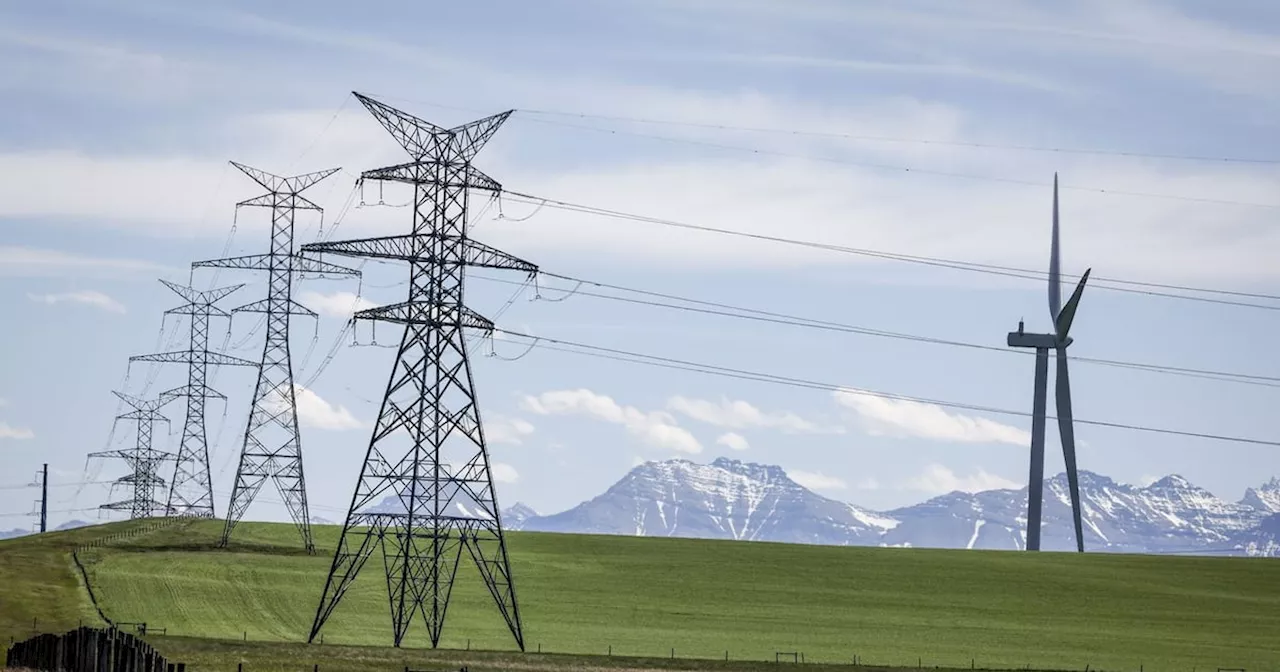 Canada pushes net-zero electricity target to 2050 as Alberta vows legal challengeThe federal government has pushed its target to achieve a net-zero electricity grid back 15 years to 2050 as part of new clean electricity regulations announced Tuesday — though officials maintain that target date was always the goal.
Canada pushes net-zero electricity target to 2050 as Alberta vows legal challengeThe federal government has pushed its target to achieve a net-zero electricity grid back 15 years to 2050 as part of new clean electricity regulations announced Tuesday — though officials maintain that target date was always the goal.
Read more »
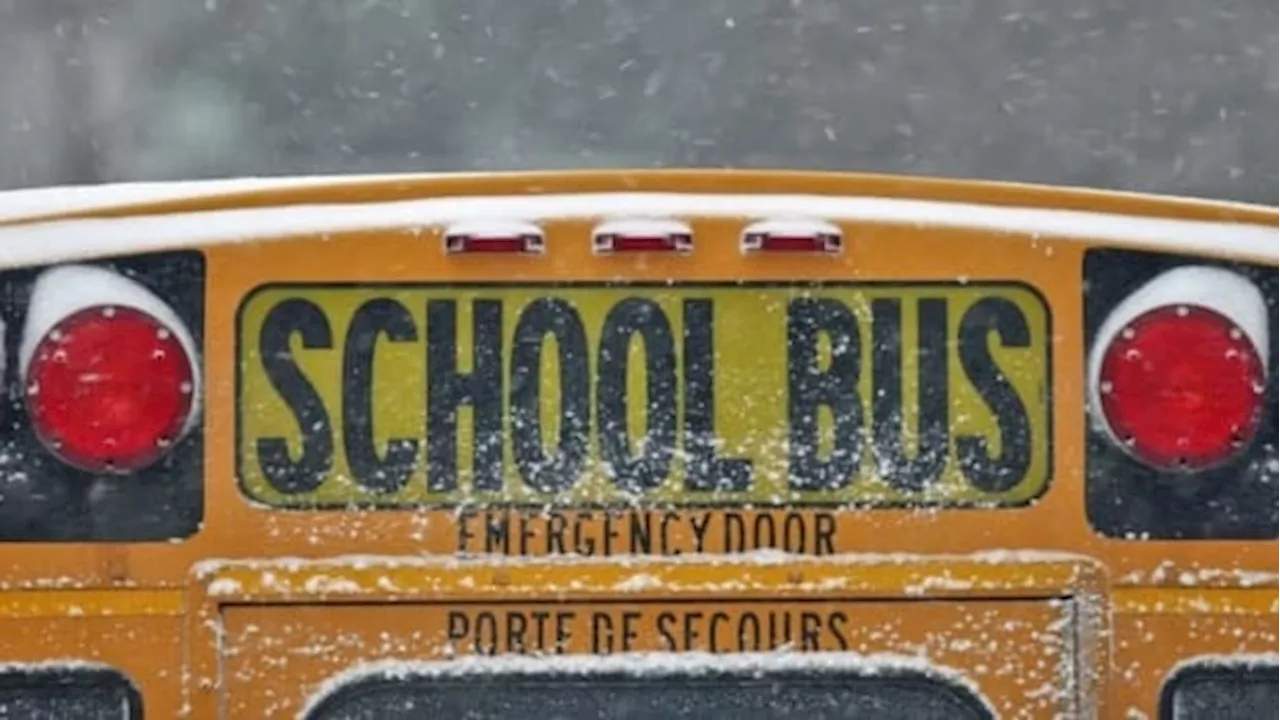 Federal Funding Delays Threaten Education of Indigenous Children in AlbertaFunding delays for Indigenous education in Alberta are jeopardizing the well-being and academic progress of First Nations students.
Federal Funding Delays Threaten Education of Indigenous Children in AlbertaFunding delays for Indigenous education in Alberta are jeopardizing the well-being and academic progress of First Nations students.
Read more »
